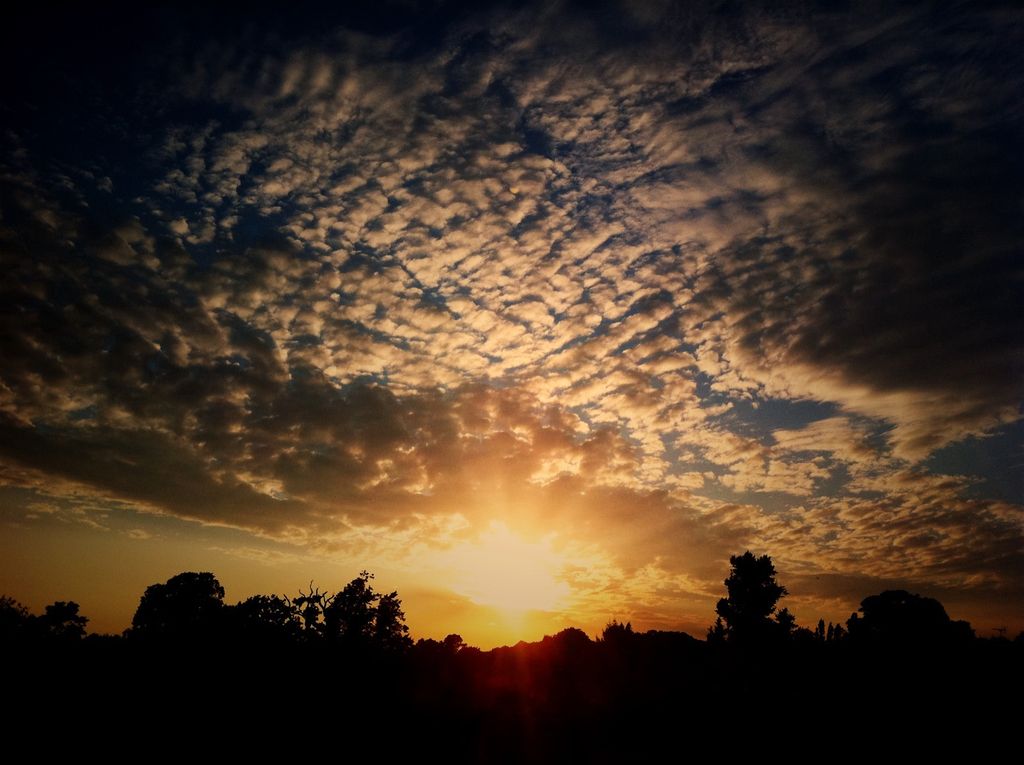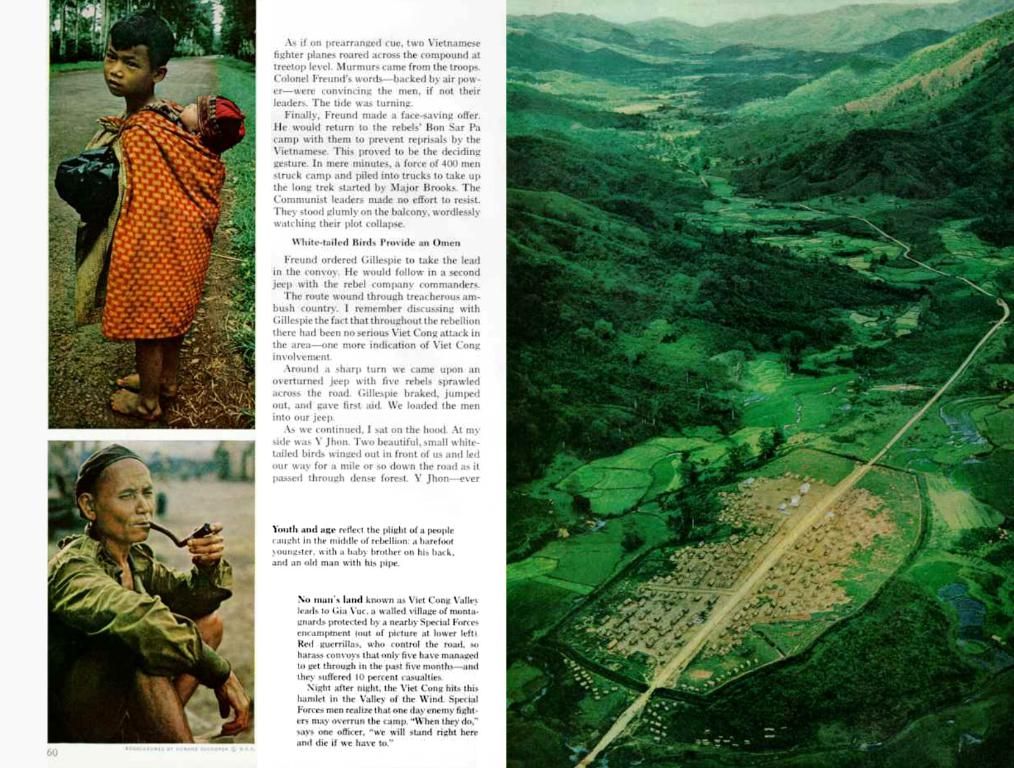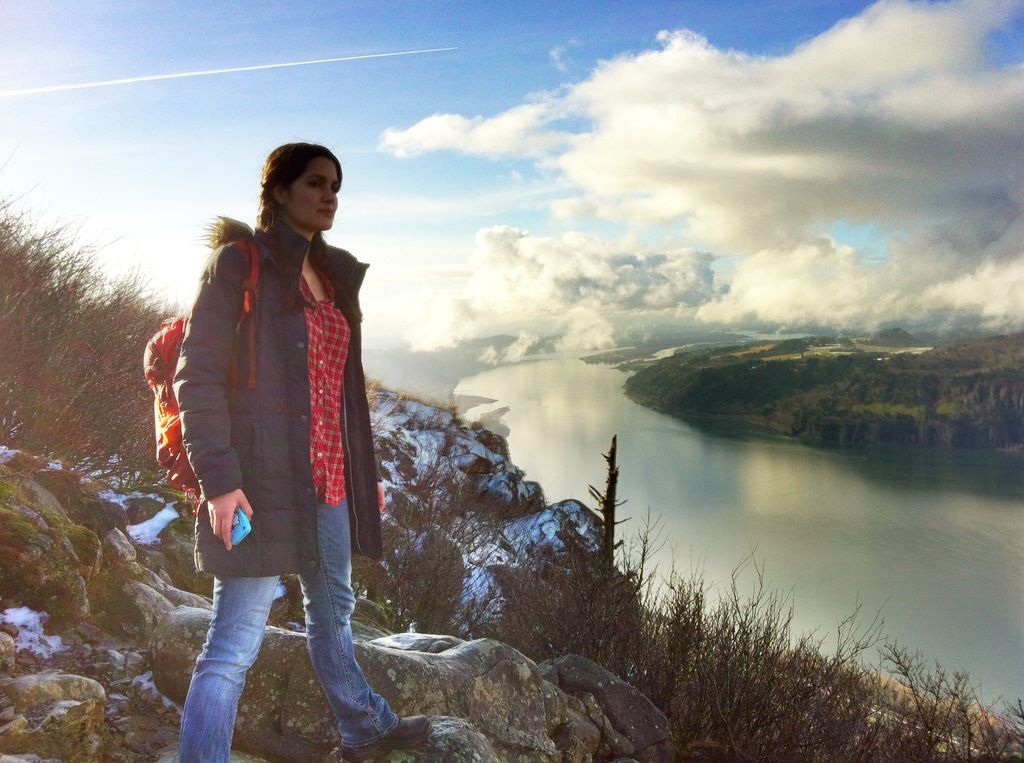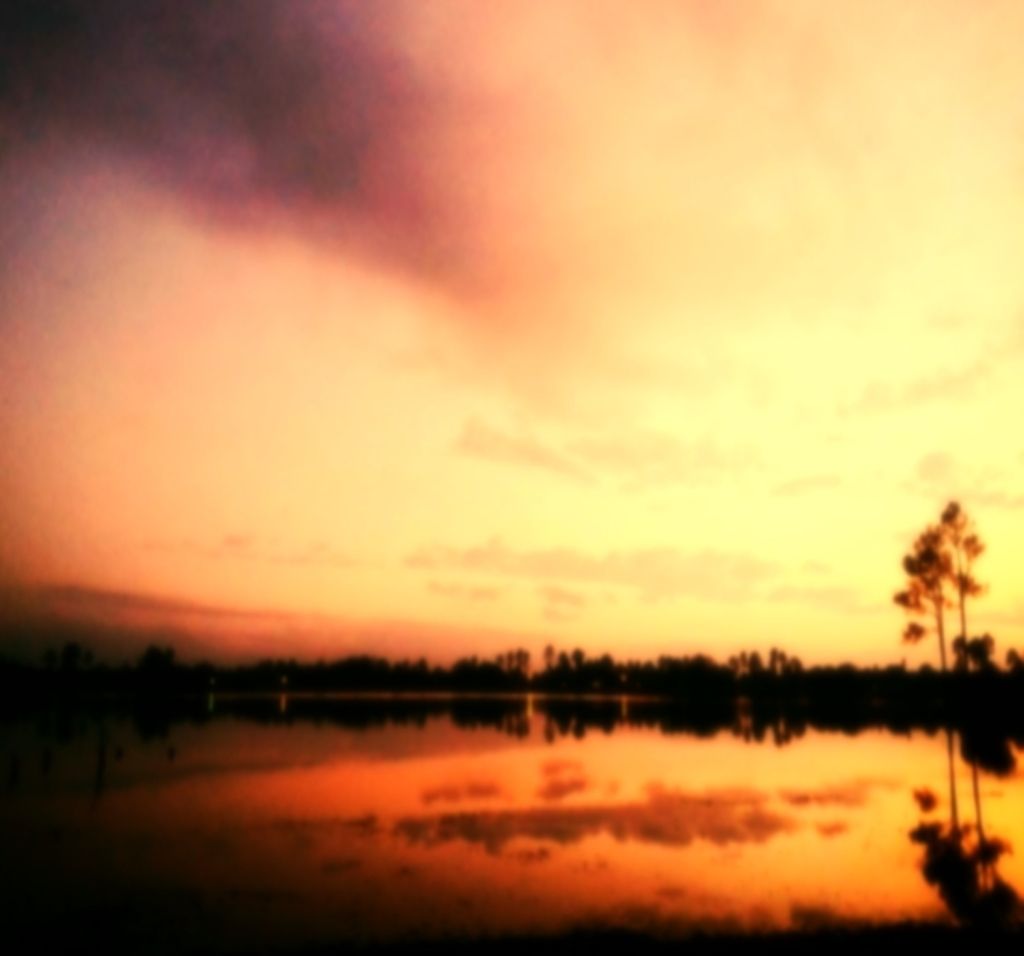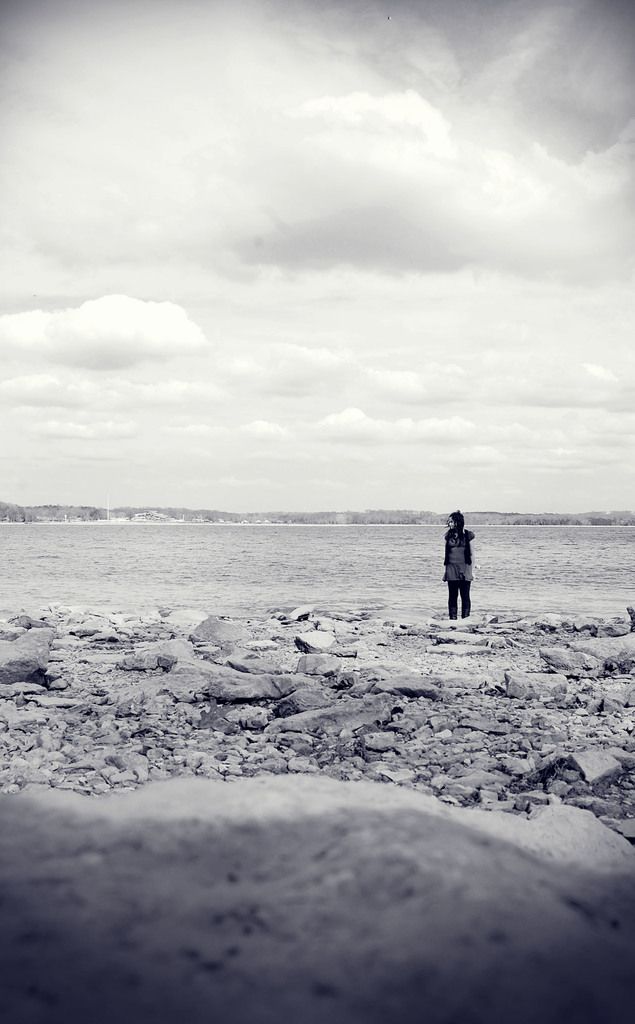Observe the colossal explosion of Mount Etna, forcing hikers and tourists to scramble as they were engulfed by clouds of ash, smoke, and gas.
Adventure Alert: Hiking Mount Etna - A Guide to Surviving the Volcanic Thrill
Recent eruptions have made headlines, leaving thrill-seekers questioning the safety of hiking Mount Etna. But don't let fear deter your journey to this magnificent active volcano. Follow these expert tips to navigate the volcanic wonders while keeping yourself safe!
The Eruption Aftermath: What You Need to Know
Videos circulating show tourists running from a muted cloud of ash, evidence of the volcano's unpredictable nature. Despite the thrilling scenes, officials recommend avoiding the area due to the potential evolution of the volcanic activity.
On the 2nd of June, around 11:30 am, Sicily's beloved peak let loose, prompting a pyroclastic lava flow. While there's no immediate threat to the island's population, hikers and tourists must exercise caution and heed official warnings.
The Allure of Volcano Hiking - Navigating the Pre-Planning Phase
Despite the dangers, the allure of hiking active volcanoes endures, with thousands daring to trek near bubbling, smoky peaks worldwide. To ensure your Mount Etna adventure is a success, prepare yourself with essential precautions.
Steering Clear of Pitfalls - Tackling the Safety Measures
- Stay Updated with Authorities and Monitor Weather Conditions
- Familiarize yourself with the latest updates from authorities such as the Italian National Institute of Geophysics and Volcanology (INGV). Follow their guidance and posted signs to ensure safety.
- Keep an eye on weather conditions and volcanic ash forecasts, as these can change rapidly.
- Choose Your Path Wisely
- Opt for a safe route with minimal hazards. Be aware of potential rockfalls and uneven underfoot terrain.
- Join a Guided Tour
- Hiring a guide can significantly enhance your experience, providing valuable real-time safety guidance and a deeper understanding of the volcano's nuances.
- Dress Appropriately
- Wear sturdy hiking boots, long sleeves, and pants for protection against sharp volcanic rocks and varying temperatures. Layered clothing is recommended for altitude changes.
- Be Aware of Volcanic Risks
- Different volcanic peaks come with unique risks. Be prepared for challenges such as navigating sharp drops or wearing protective gear.
- Protect Yourself from Ash
- In the case of an eruption, cover your face with a cloth or item of clothing to avoid inhaling volcanic ash, which poses significant health risks.
Respect the Mountain - A Key to Safety- Don't let curiosity cloud your judgment. Most accidents occur when visitors ignore rules or stray from designated paths.
- Hike in groups and inform someone of your plans before setting out.
- In case of increased activity, follow instructions for immediate evacuation and avoid areas with ash fallout or lava flows.
Mount Etna, an awe-inspiring destination, demands respect and careful planning. Embarking on its slopes with a healthy dose of caution will ensure a memorable and safe adventure.
In the realm of environmental science and weather-forecasting, it is crucial to stay updated with authorities and regularly monitor the weather conditions on Mount Etna to avoid pitfalls while hiking this active volcano. Climate-change and the unpredictable nature of the volcano necessitate caution, and it is advisable to heed official warnings and follow the guidance of experts in the field of environmental-science, such as the Italian National Institute of Geophysics and Volcanology (INGV).
